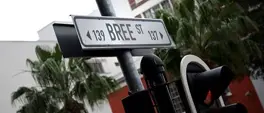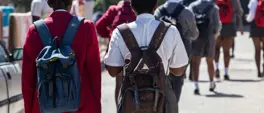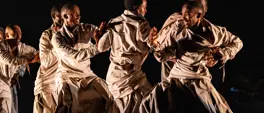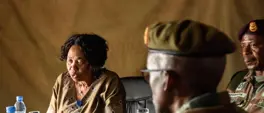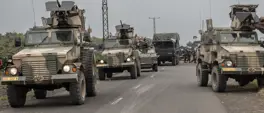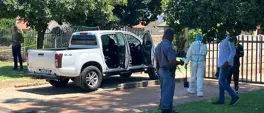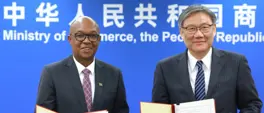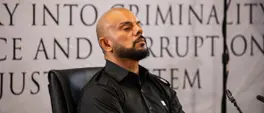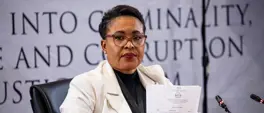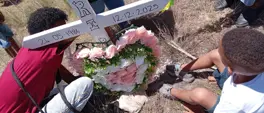702's “The People’s Dialogue”: South Africans demand action, not talk
Barbara Friedman
6 August 2025 | 12:09The People’s Dialogue broadcast on Radio 702 struck a powerful chord with listeners across South Africa.
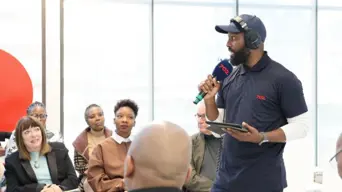
702's Clement Manyathela hosted 'The People's Dialogue'.
Guests, including political influencers, and a live audience actively engage in the conversation.
The diverse panel of thought leaders and activists addressing critical issues facing South Africa included Kimberley Khumalo, a researcher at Equal Education, Princess Majola, coordinator at the Assembly of the Unemployed, Tshepo Fokane, national coordinator of the Alliance for Rural Democracy, Karam Singh from Corruption Watch, Terry Oakley-Smith, founder and CEO of Diversi-T, Dr Chris de Kock, an independent crime and violence analyst, Javu Baloyi from the Commission for Gender Equality and Edward Molopi of SERI.
Listen to the podcasts below or scroll down to watch the video:
The discussion exposed widespread frustration with political leadership and a growing insistence on tangible action over empty rhetoric. The conversation, driven by voices from diverse communities, revealed six urgent themes:
1. Corruption and lack of consequences
Corruption emerged as the most pressing concern. Participants described it as the country’s most significant barrier to progress, citing the normalisation of bribery and the failure to hold high-profile offenders accountable, particularly in critical sectors like healthcare and housing.
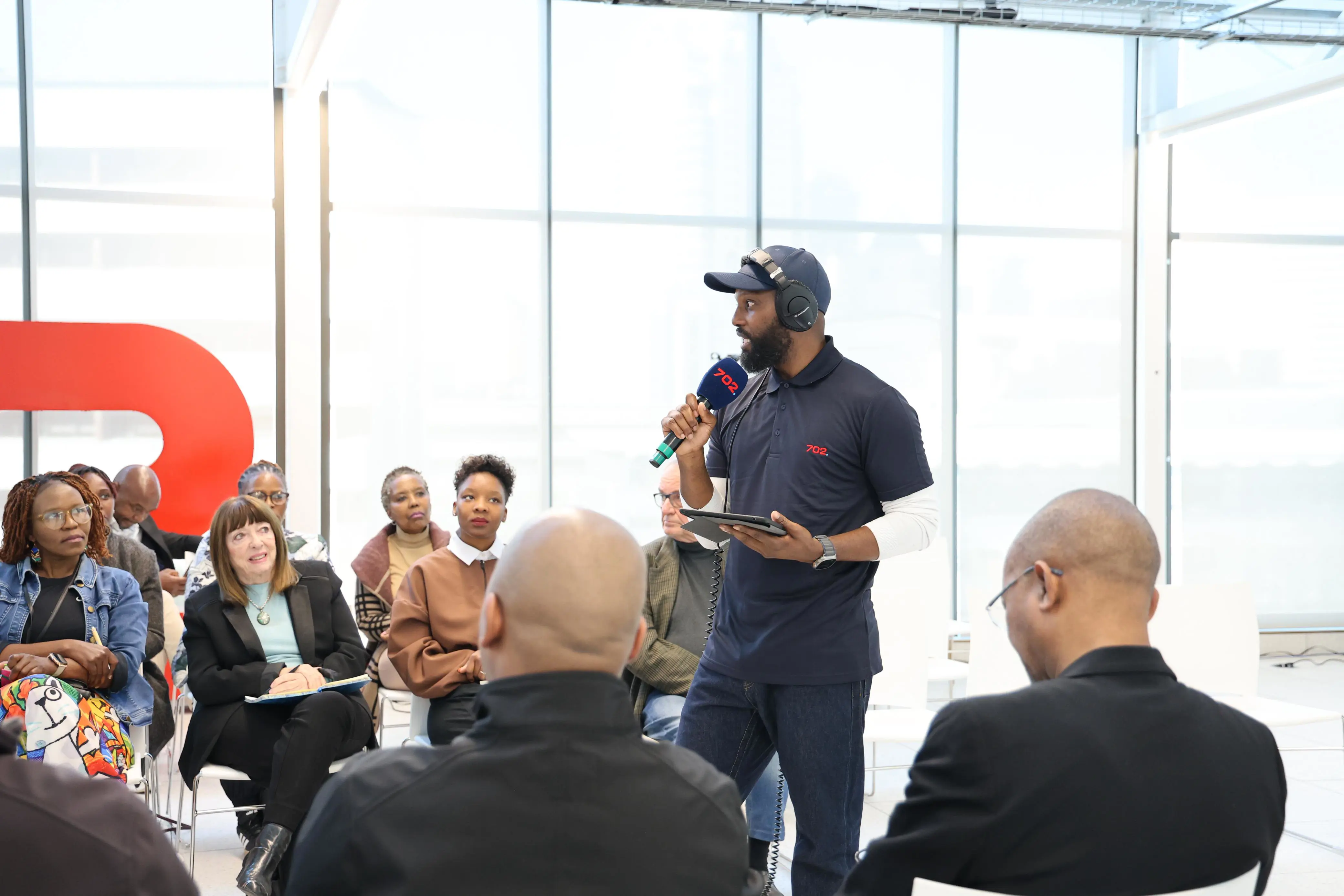
2. Unemployment and economic exclusion
With youth unemployment at a staggering 62.5%, many labelled it a national emergency. Social grants were dismissed as unsustainable, and there were strong demands for job creation, revitalising technical colleges, and empowering communities to own economic assets.
Policy failures and the decline of manufacturing were blamed for the lack of transformation.
3. Crime and failing police
Crime was described as “out of control.” The rise of vigilantism was seen as a symptom of public distrust in law enforcement. Attendees pointed to under-resourced police stations, political interference, and the loss of experienced detectives as key contributors to rising lawlessness.
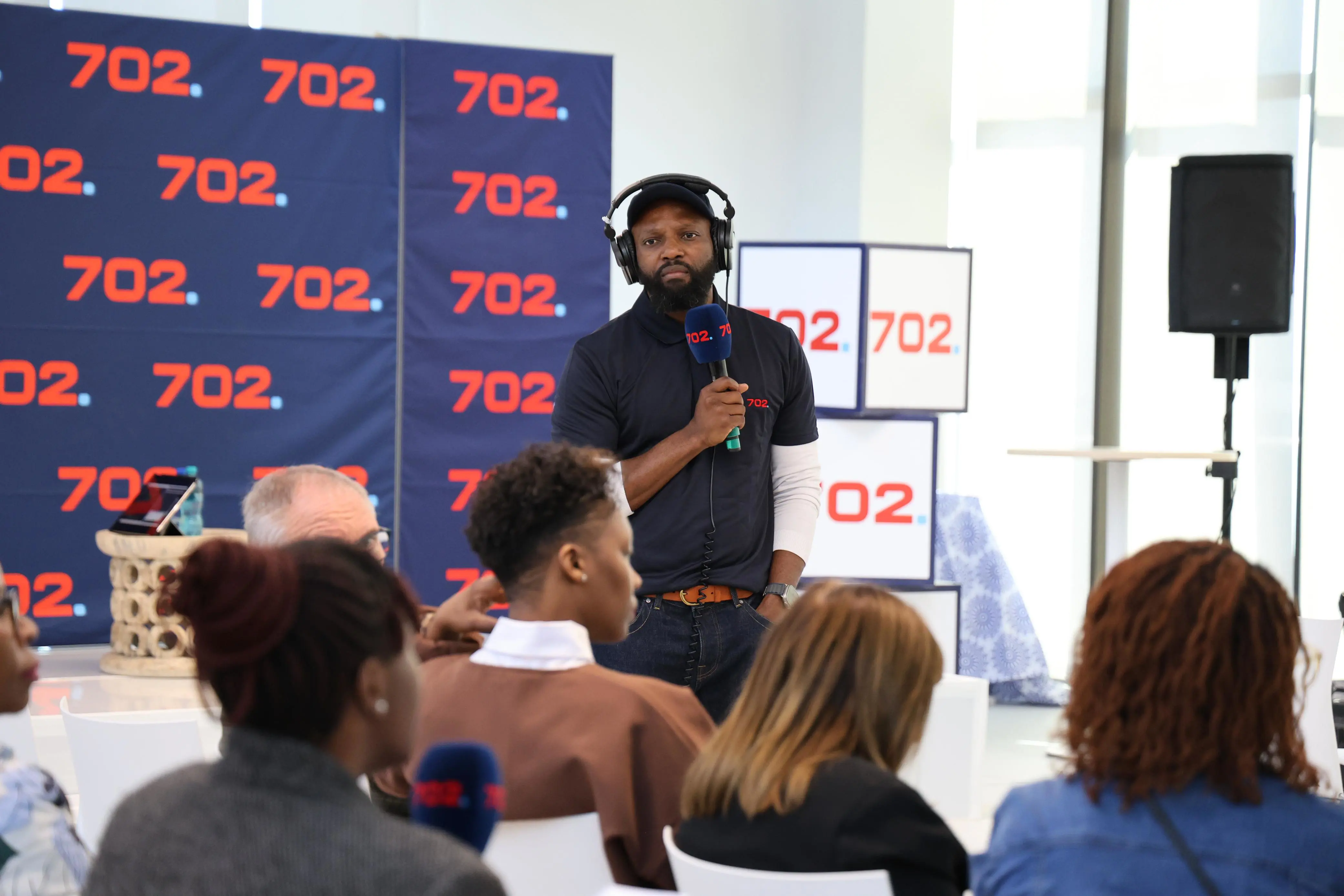
4. Moral and social breakdown
Speakers expressed concern over the country’s moral decline, citing illegal abortions, human trafficking, and violence against children. These were seen as signs of deep societal trauma. Many called for a return to empathy, Ubuntu, and community healing.
5. Public services in crisis
Healthcare was described as overcrowded, understaffed, and underfunded. Housing backlogs and informal settlements were viewed as symbols of failed service delivery, with corruption and delays plaguing major projects. The overall sentiment: service delivery is in disarray.
6. Enough talk - time for action
The clearest message from the dialogue was a call to end “talk shops.” Citizens urged government leaders to act on community input and emphasized the importance of active citizenry—where individuals take responsibility for their streets and neighbourhoods.
Watch the full video below:
Get the whole picture 💡
Take a look at the topic timeline for all related articles.
Trending News
More in Politics
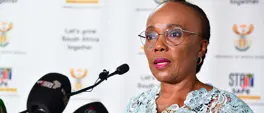
8 February 2026 12:42
DA slams Minister Chikunga for attending Iranian Revolution Commemoration
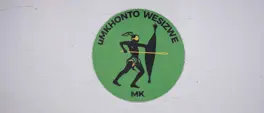
7 February 2026 10:00
New MK Party presidential task team says it has its work cut out for it ahead of local polls
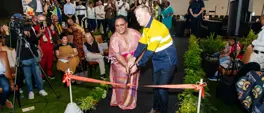
7 February 2026 10:00
Opposition says a functioning parliament is important despite cost implications
